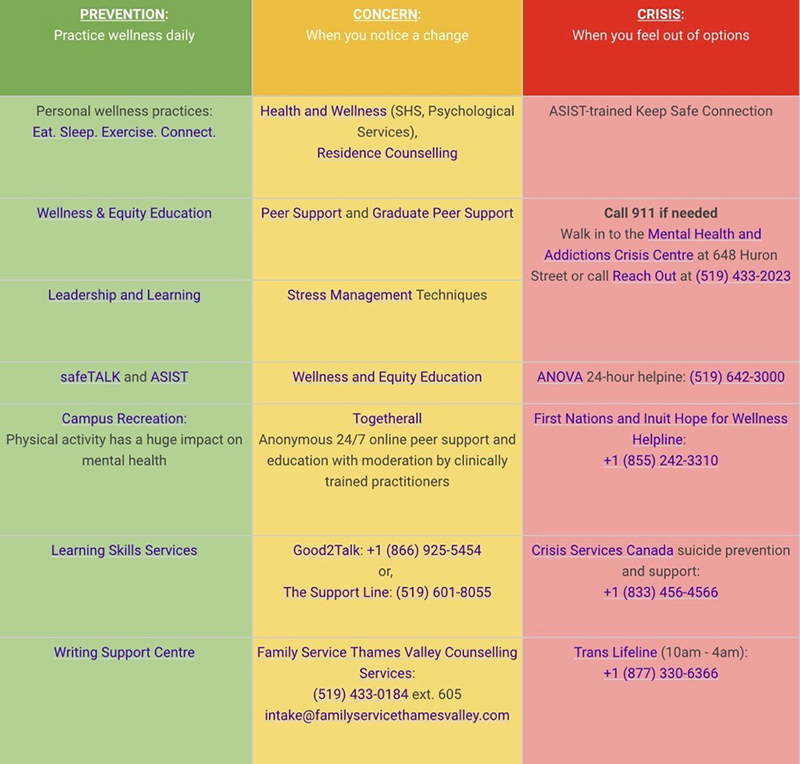Men's Mental Health
 Written by: Sam Dabir, 1st Year, Medical Science
Written by: Sam Dabir, 1st Year, Medical SciencePhoto credits: Unsplash
“There is nothing wrong with being afraid – but there is nothing more wrong than allowing that to be your master.” — Bobby Darin
- In the quiet corners of a man's mind, battles are fought that often go unseen and unspoken. Society's expectations, the weight of responsibilities, and the relentless pursuit of an elusive ideal can weave a tapestry of internal struggles that remain veiled beneath a facade of strength. In men's mental health, a hidden problem exists — many men struggle silently, keeping their feelings and needs unheard and unacknowledged. This journey explores the uncharted territories of the male psyche, acknowledging the emotional landscapes that many men traverse alone. It's a poignant reminder that strength isn't always about standing tall; sometimes, it's about the courage to face the tumultuous storms within. Join us as we illuminate the shadows, offering empathy, understanding, and a sanctuary for the unspoken narratives of men's mental health.
Facts about mental health:
- In Canada, men account for 3 out of every 4 suicides.
- Suicide is the second-leading cause of death for men under the age of 50.
- In 2019, 1,666,200 Canadian men over the age of 15 reported that they had seriously contemplated suicide in their lifetime.
- Nearly 1 in 10 men experience depression or anxiety, and those are just the ones who are diagnosed.
- Despite all of these statistics, men tend to consult mental health experts less than women.
The current state of mental health:
- In contemporary society, mental health stigmas persist, casting a pervasive shadow over individuals seeking support. Men, in particular, grapple with the additional stigma that acknowledging mental health challenges is a sign of weakness. The notion that 'real men' should remain self-reliant and avoid discussions about anxiety and depression further complicates the issue. Within male circles, the belief that mental health issues make men burdensome to others contributes to a reluctance to seek help. The expectation that men should control and manage their emotions reinforces this cycle. It is imperative to challenge these stigmas and refrain from shaming men who express a need for mental health support. Without empathy and understanding, men may continue to endure silent suffering, exacerbating mental health issues. Collaborative efforts within society can contribute to dismantling mental health stigmas and encourage open discussions about mental health challenges.
- November is Men's Mental Health Month, a dedicated time to shine a spotlight on the often-overlooked struggles that many men face in silence. As we navigate through this month, let's not only raise awareness but also take meaningful actions to support the mental well-being of the men in our lives. Start by initiating open conversations about mental health, fostering an atmosphere where vulnerability is met with understanding rather than judgment. Share resources, articles, and stories that challenge the outdated stereotypes surrounding men's mental health, contributing to a more informed and compassionate community. Supporting organizations focused on men's mental health is a tangible way to make a difference. Whether through donations, volunteering, or spreading the word about their initiatives, your involvement can contribute to the availability of crucial resources and support systems. Check-in on the men around you, listen without judgment, and let them know that seeking help is a sign of strength, not weakness. Encourage self-care practices and be proactive in promoting a culture that prioritizes mental well-being. As Men's Mental Health Month unfolds, let us collectively dismantle the stigmas that hinder open discussions about mental health. By fostering an environment of empathy and support, we can contribute to a positive shift in the narrative surrounding men's mental well-being, not just this November but throughout the entire year.
Western Mental Health Resources:
References:
- https://adaa.org/find-help/by-demographics/mens-mental-health#:~:text=Over%206%20million%20men%20suffer,and%20women%20develop%20the%20illness.
- https://headsupguys.org/suicide-stats-men/
- https://www.news-medical.net/health/The-Gender-Gap-in-Mental-Health.aspx
- https://www.uwo.ca/campusrec/sport_clubs/mental_health_resources_for_western_students.html
Published on


